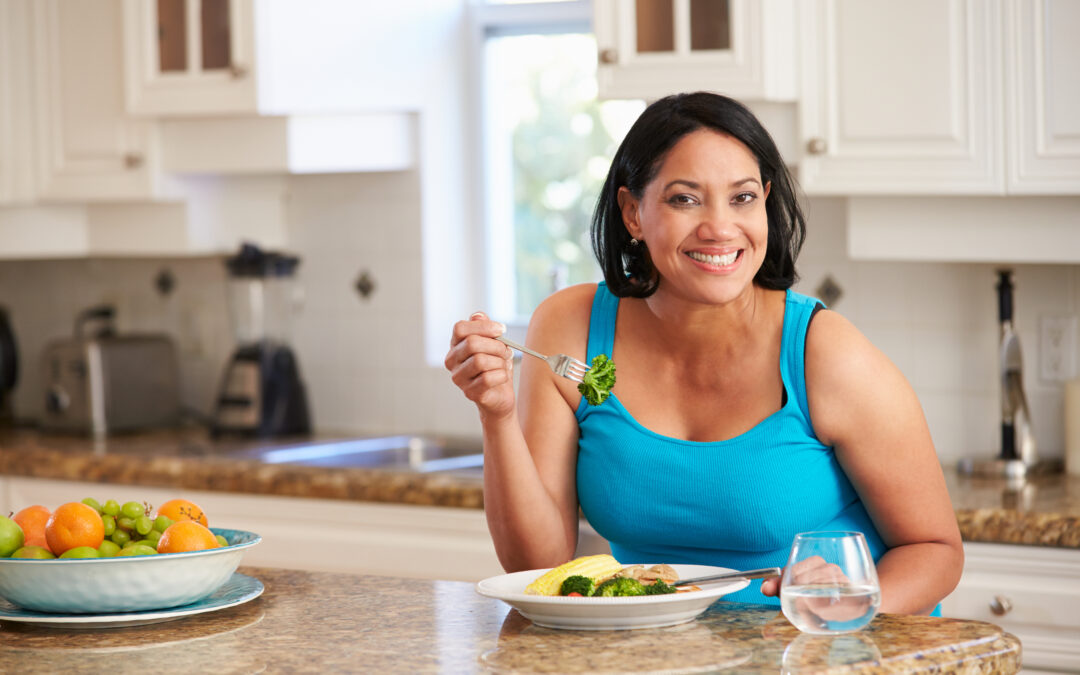What you should know about type 2 diabetes
If you have diabetes, you’re not alone. One in ten Yavapai County residents live with the condition. And while men are more likely than women to have type 2 diabetes, women with the condition experience more serious complications. They also face a greater risk of death.
“Type 2 diabetes happens when the body is unable to properly use insulin,” said Andrea Klein, RN, BSN, CDCES, CCRP, Director of Preventive Medicine and Wellness, Dignity Health Yavapai Regional Medical Center (YRMC). “Women with type 2 diabetes experience very specific symptoms. It’s important to know those symptoms and see your health care provider immediately if you’re experiencing any of them.”
What’s happening to my body?
Frequent urination is the most common change women experience when they have undiagnosed diabetes or pre-diabetes.
“When your blood sugar is high,” said Andrea, “your kidneys expel the excess blood sugar, which causes you to urinate more often.”
Other symptoms of diabetes include:
- Increased hunger and thirst
- Fatigue
- Blurred vision
- Unexplained weight loss
- Slow healing cuts and wounds
- Tingling or numbness in the hands or feet
Are you at risk for type 2 diabetes?
Experts say women are more at risk for type 2 diabetes if they are:
- 45 years or older
- Considered by medical measurements to be overweight or obese
- Part of a family with parents or siblings who have the condition
- African American, Hispanic, Asian American, American Indian, Alaska Native, Native Hawaiian, or Pacific Islander
- The biological mother of baby with a birth weight of at least nine pounds
- Physically active fewer than three times a week
Additionally, women are more likely to be diagnosed with type 2 diabetes if they had gestational diabetes during pregnancy, suffer from heart disease, or have had a stroke. High blood pressure, high cholesterol, and polycystic ovary syndrome (PCOS) also increase your risk for type 2 diabetes.
Breaking through the isolation of diabetes
“Diabetes is pretty widespread in our community,” said Andrea. “Even though many people have diabetes, people with the condition can feel isolated.”
YRMC’s Diabetes Self-Management program helps people living with the condition to overcome feelings of isolation. During five weekly sessions, participants learn strategies that empower them to effectively manage their diabetes. The program is for anyone with diabetes, from people who are newly diagnosed to those who have lived with the condition for years.
Weekly sessions are titled:
- Managing Your Diabetes
- Meals: Healthy Eating
- Monitoring, Motion and Problem Solving
- Reducing Risks and Healthy Coping
- Taking Medications and Putting it All Together
“Group members become each other’s cheerleaders and champions,” said Bonita Wilson, RN, CDCES, YRMC’s Diabetes Educator. “The comradery creates a positive learning environment.”
YRMC’s Diabetes Education program is recognized by the American Diabetes Association (ADA) for Quality Self-Management Education. The program is offered throughout the year in Prescott and Prescott Valley.
For more information, call 928.771.5794 in Prescott or 928.759.5920 in Prescott Valley or visit DignityHealth.org/YRMC.

